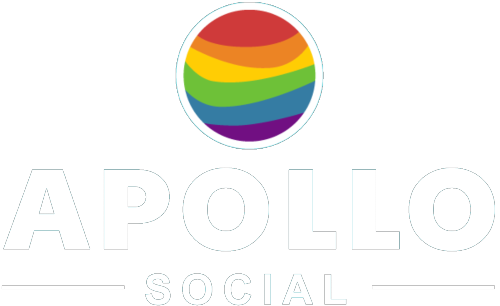The survey was instigated in response to the states’ responses to the COVID crisis which has seen them operating as if they were independent nations with border controls to “keep out foreigners”.
The results in response to city-based identity enforced existing stereotypes. Sydneysiders see their city as success-oriented, ambitious, fast-moving and beautiful. Melburnians think of their city as cultured, creative, trendy, fashionable and sporting.
The survey’s results in relation to state-based identity are more surprising. While Melburnians identified as Victorians and Brisbanites identified as Queenslanders, Sydneysiders were unlikely to identify as being from NSW.
In fact, the survey found Victoria now has a stronger sense of state identity than any other Australian state. NSW has the lowest.
“During COVID, state ‘parochialism’ made it easier for certain states to shut borders and for a place like NSW to stay open,” Paul Colgan, a director of CT Group, says.
Judith Brett, Emeritus Professor of politics at La Trobe University, says that Victoria’s level of parochialism has always lingered beneath the surface.
“Firstly, it’s important to remember that people really didn’t start identifying as Australians until the Second World War,” she says. “That’s when you first get a strong sense of national identity overriding state identity.
“But I think it is also to do with Victoria having a more liberal and progressive culture. They see a country which has been run by NSW basically since John Howard. Tony Abbott followed with Turnbull and Morrison.”
So Melburnians have more of a parochial sense of identity than Sydneysiders? Which is better? In this author’s opinion, the sweet spot is somewhere in the middle.
I’ve lived in Québec which has an extremely strong sense of identity independent from Canada, complete with a separate language, culture and “national” holiday. On one hand this creates a profound cohesiveness to society. There is a quality that binds people together and that everyone feels is important enough to protect and foster. However, Québec has been marred by terrorism in the past by separatists who saw the identity so different to the national identity that it was fundamentally incompatible.
While the separatist movement is alive and well in Québec, it has been put on the backburner for now because the federal government has made some effort to protect the Québecois identity such as the Charter of Human Rights and Freedoms which enshrines the protection of Québec’s language and culture.
So it seems that some parochialism creates interesting, distinct cultures that give people a sense of identity. What a great experience visiting and experiencing these cultures. However, too much parochialism creates division and reduces national cohesiveness. Like almost everything in life, it's about finding the balance between two poles.

Relaxed, cultured or fast-paced? Australian states have unique identities. Image: Getty Images
Related Articles
-
ArticlesBooksQueer ReadsQueer ReadsArticlesThe Essential Queer Reading ListIn honour of Mardi Gras, Vogue Australia has worked with The Bookshop Darlinghurst to compile a list of essential queer reading.Australia0 0
-
ArticlesHistorySydney’s Queer MuseumSydney’s Queer MuseumArticlesPlans for a Sydney Queer Museum Gain MomentumPlans are progressing for a queer museum in Sydney with 2 potential locations identified and support pledged from businesses, prominent public figures, community organisations and Lord Mayor Clover Moore herself.Sydney0 0
-
ArticlesExpatsExpat TsunamiExpat TsunamiArticlesPost-Covid Expat Boom Expected in AustraliaThe pandemic is predicted to have an unexpected impact on Australia's migrationAustralia0 0
-
ArticlesHistoryCommemorating Hate CrimesCommemorating Hate CrimesArticlesBondi Gay Hate Crimes MemorialA design has been selected for the Bondi memorial to gay men and trans women who were the victims of hate crimes in Sydney.Sydney0 0

